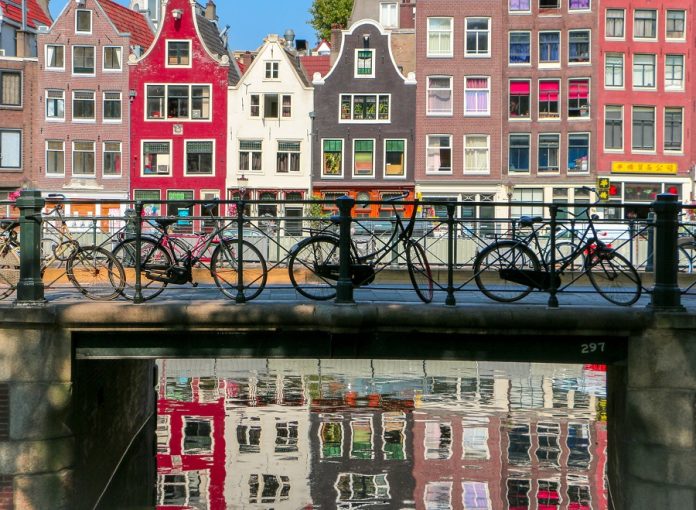Minister of Education, Robbert Dijkgraaf, has announced that Bachelor’s programmes in The Netherlands will be required to have at least 2 out of 3 modules taught in Dutch. On Friday, a spokesperson said the move was to stop “internationalisation” and “anglicisation” in higher education. According to NRC, the measures are planned to come into place in the 2024-25 academic year.
This announcement is believed to be in response to growing concerns surrounding the amount of international students in The Netherlands. Dijkgraaf has cited crowded lecture halls, a shortage of accommodation, and a heavy workload on teachers for the changes. He has also said he is willing to “test” possible exceptions to this rule, but has yet to say what this test would be.
Is English in Higher Education becoming too commonplace?
Dijkgraaf’s announcement comes at time when higher education facilities are receiving more criticism for their overuse of English. In Finland last week, Deputy Chancellor of Justice, Mikko Puumalainen, criticised Aalto University for only running 5% of its Master’s programmes in Finnish and Swedish. According to Language Magazine, English has also become the predominant language for their undergraduate courses.
The criticism is in response to a complaint from students of the university, claiming the dominance of English was “hindering” their education; this was specifically targeting Finance programmes which are not offered in Finnish or Swedish.
However, according the the “University Act,” it is at the institution’s discretion how languages are used. But Puumalainen has warned that other languages should not overtake Finnish, and that the language needs to be “safeguarded.”
UPDATE:
Universities and teaching staff have hit out at the proposed changes, according to Dutch News.
Amongst them is Eindhoven University of Technology, who have strongly criticised Dijkgraaf. The University currently teaches all bachelors and masters degrees in English and have said the language quota would “damage” the University’s and the country’s international standing.
“If the objective is to curb the number of internationals, the language [requirement] is the only way in which you can do it,” said Robert-Jan Smits, president of Eindhoven’s executive board. “But that will have enormous effects. We are located in Eindhoven, the high-tech centre of the Netherlands, a booming economy with companies like Philips Electronics, ASML, NXP … For a number of courses, we can’t even find professors who speak Dutch.”
Currently, Dijkgraaf’s proposed language limits have yet to come into effect, as the changes still need the express permission of the Minister.





